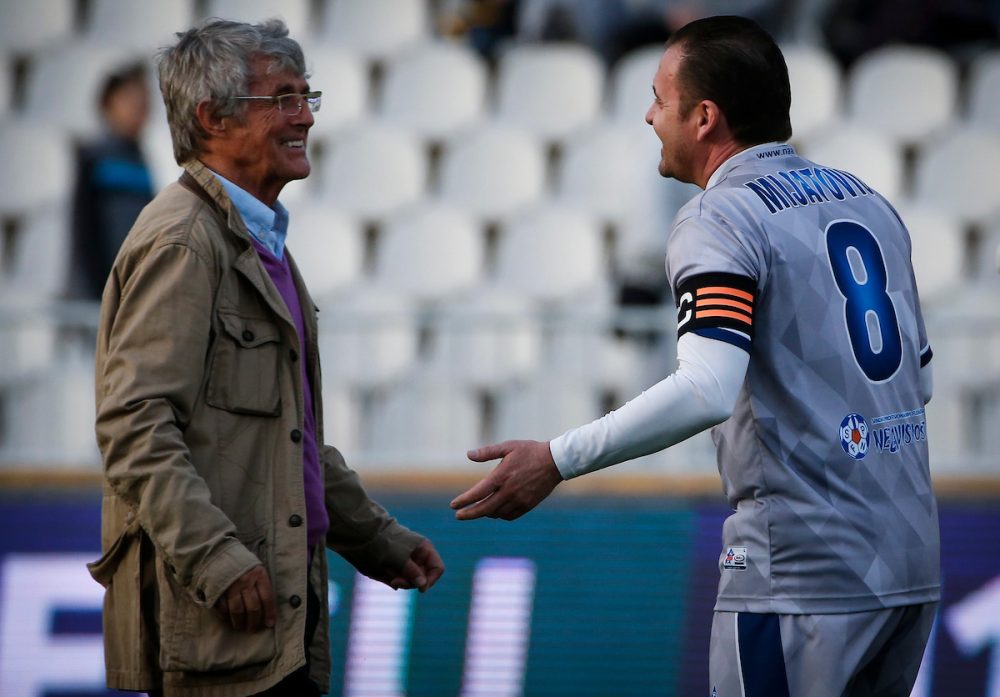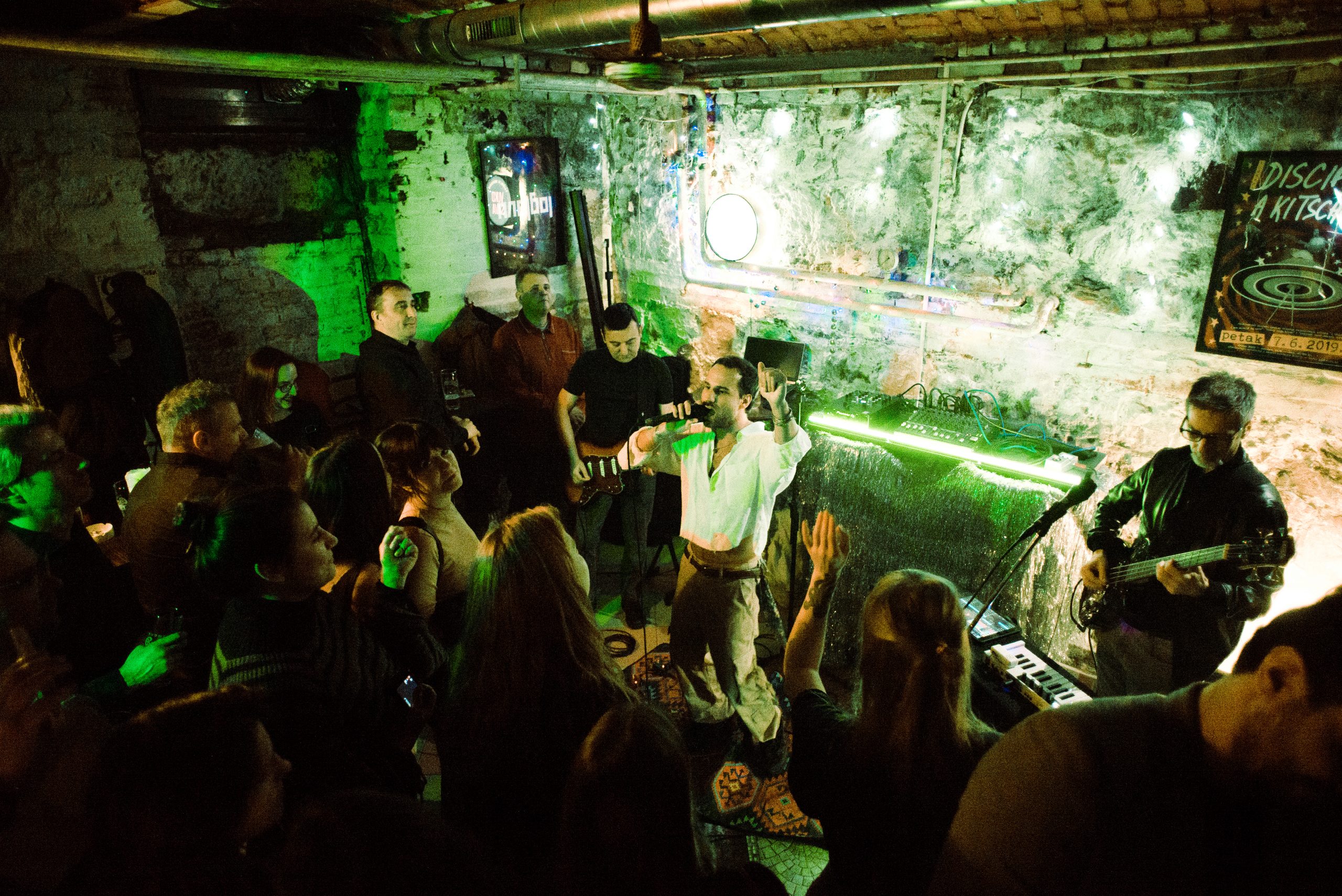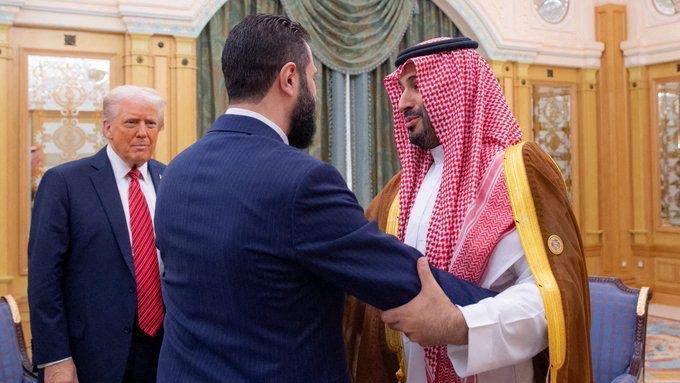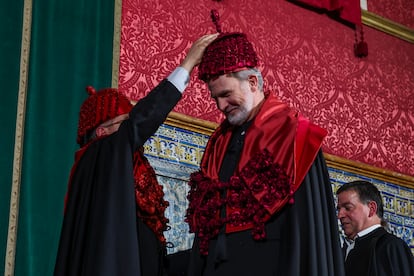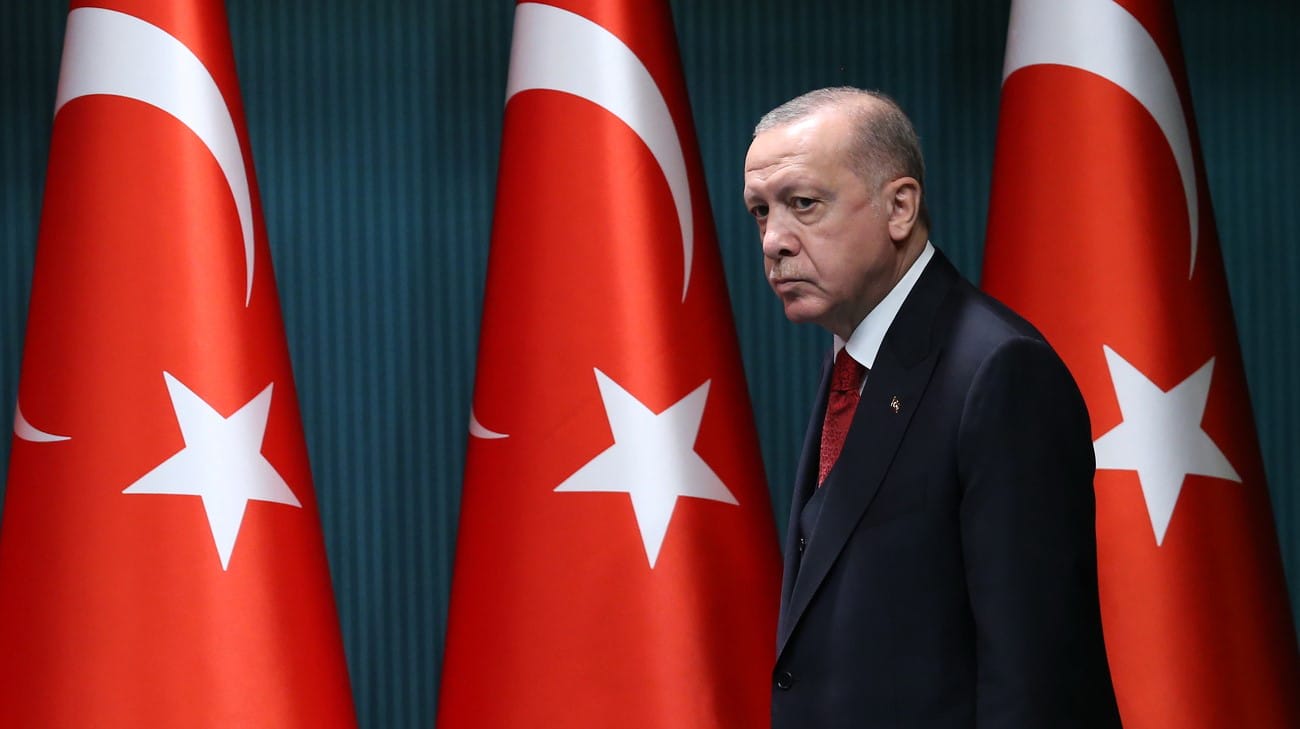‘Return to Ukraine’: War refugees complain about abuse in Poland – BBC News in Serbian
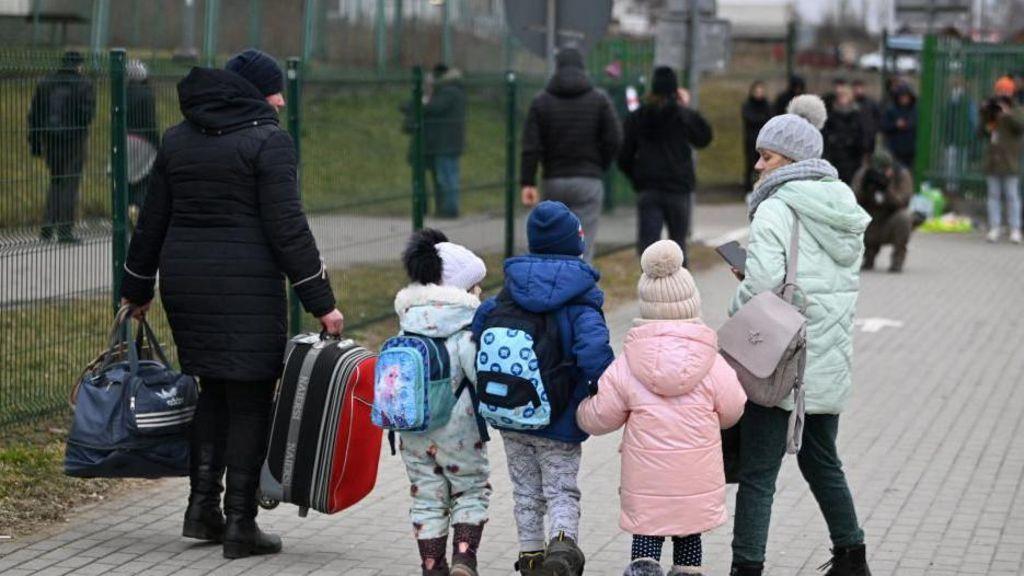
Svetlana says her daughter loved to go to a new school in Poland.
« Even when we moved to the other end, she didn’t want to change school.
« She liked her a lot. There was no harassment, » the 31-year-old Ukrainian recalls.
Now the atmosphere in school, but also changed in Poland, she says.
« Two weeks ago, she came home and said, ‘One boy told me today,’ Return to Ukraine ‘. »
Svetlana was stunned.
It is one of the many Ukrainians living in Poland and who said the BBC that intolerance towards them increased significantly in recent months.
Many have described how abuse in public transport, bullying in schools and or received hate comments on the Internet.
The Presidential Election Campaign in Poland further intensified tensions.
The day after Svetlana’s daughter was told to return to Ukraine, abuse has become worse.
« Higher-grade girls began to complain about speaking Ukrainian, then they pretended to fall to the ground by shouting: ‘rocket! Lie!’ And then they would laugh.
« She returned home, crying, » says Svetlana.
The Russian rocket fell to Svetlana’s hometown in Ukraine a few days earlier, by killing dozens of civilians, including children.
Her daughter was upset and under trauma.
Svetlana (not her real name), she didn’t want to find out the identity fearing for himself and the family.
She showed us the screenshots of the message sent to school employees, complaining about how other children treat her daughter.
She said she noticed that attitudes towards Ukrainians change in other places.
« At work, many people say that Ukrainians come here and badly behave, while my Ukrainian friends say they want to go home because the Poles are not accepted.
« It’s scary now to live here. »
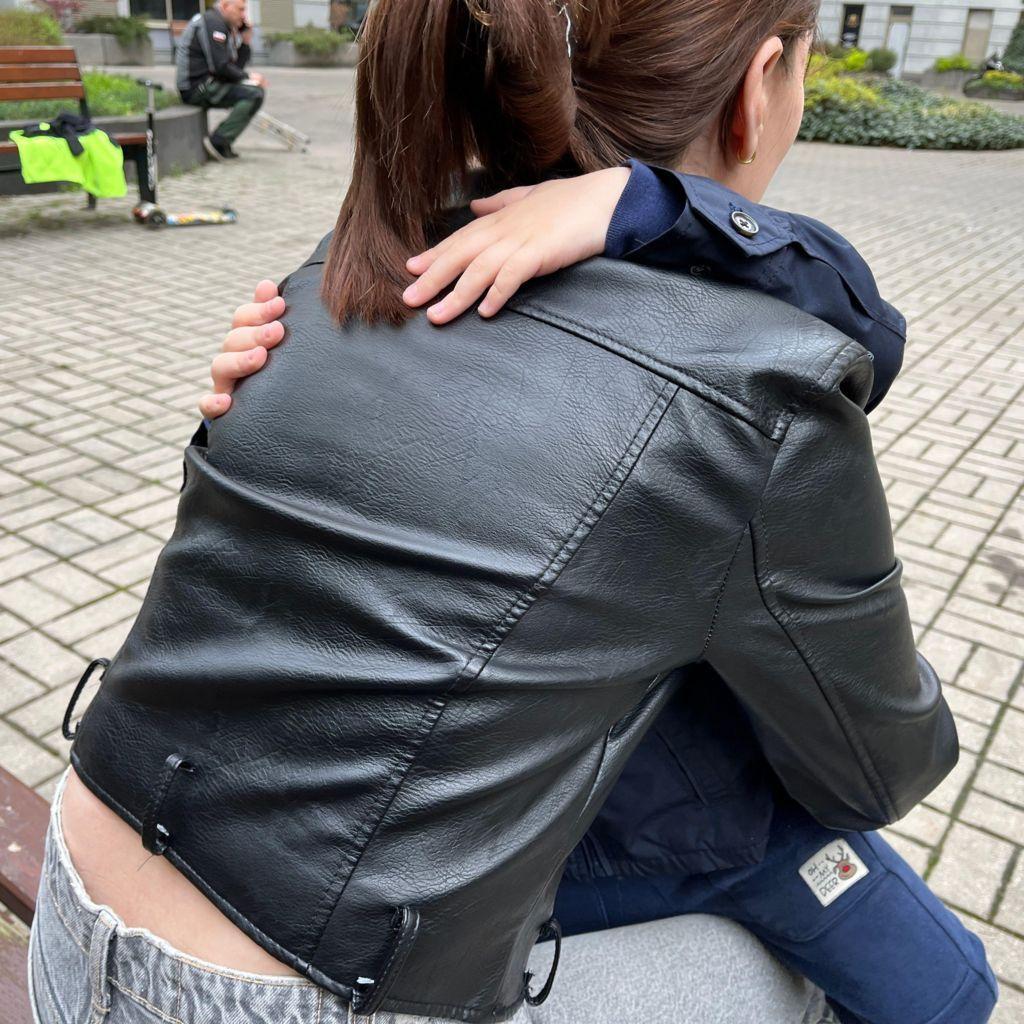
At least 2.5 million Ukrainians live in Poland, which is almost seven percent of the total population of Poland, show the government’s data.
When in February 2022. the Russian invasion on Ukraine began, Poles showed sympathy.
« It was amazing.
« Every day people called and asked, ‘How can we help?' » Says Activist Natalija Panchenko from the Warsaw Foundation Stop with Ukraine.
« Some of them organized humanitarian actions or led refugees here.
« They offered their houses, food, everything they have, but also hearts too. »
Three years later, Natalija says he believes that most Poles continue to support Ukraine.
But some not.
Its organization noted an increase in negative comments on the Internet that began several months ago.
« Then she moved from the internet to real life.
« Lately, we have more and more such situations, intolerance towards strangers working in stores or hotels just because they speak Ukrainian accent, » she says.
Many Ukrainian refugees are under trauma, adds.
« These groups of women and children are in Poland for the war, many of their family members on the first line of front, in captivity or dead, and it is a group of people who is target. »
Research shows that the opinion of Poles on Ukrainians is really worse.
According to the CBOS center survey in March 2025, only 50 percent of Poles is to accept Ukrainian refugees, which is a decline of seven percent in just four months.
Two years ago, more than 80 percent of Poles said to accept Ukrainians.
About a million Ukrainians were officially registered from the start of the invasion, and Poland consumes 4.2 percent of gross domestic product (GDP) to Ukrainian refugees.
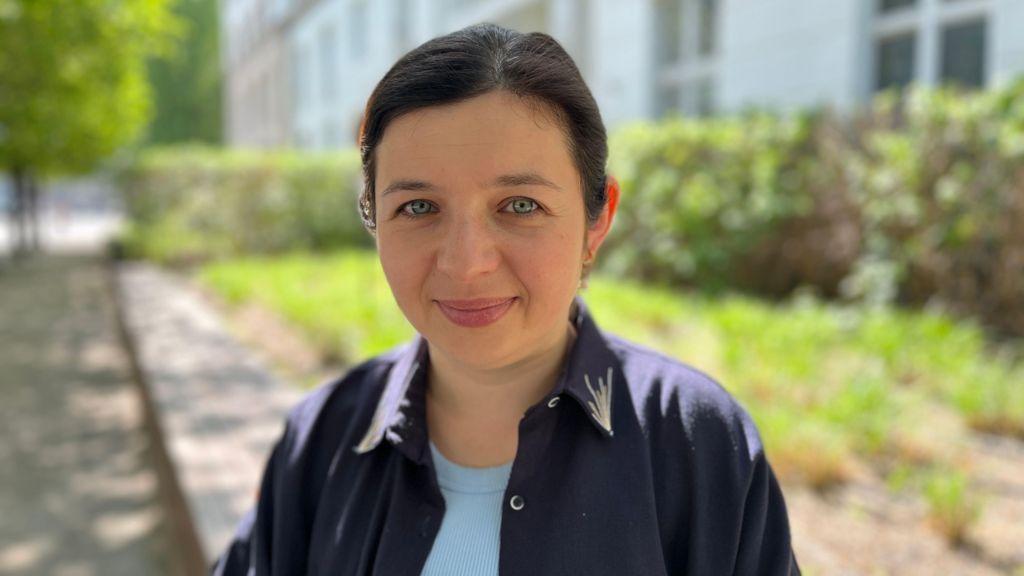
Ukraine has become the current political issue in the campaign for the presidential elections in Poland.
Extremely right-wing oriented Slavomir Mencen, currently third in the polls, Antiukraine was also established and supported by the « Agreement » with Russian President Vladimir Putin.
In second place is a conservative Carol Navrocki, who opposes membership of Ukraine in the European Union and NATO and financial assistance for refugees, but supports peace efforts.
Rafal Tascovski from the coalition of Prime Minister Donald Tuska is the only prokrayin oriented, although even he said to reduce social assistance for Ukrainians.
Tascovski refrained from presenting the Practational views to attract votes of voters in elections, says the political analyst Marvin Zaborovski.
« He reacts to change public attitudes.
« The initial enthusiasm for supporting war victims disappears, negative feelings are prevalent and this is not a very pleasant issue for him. »
Another end right candidate, Gžegož Brown, is under investigation by the police for removing the Ukrainian flag from the building of the city house during the pre-election set in April.
Brown, who has only three percent in surveys, regularly rebels against what is called « Ukrainating Poland ».
Last week, the Polish government warned of the « incredible attempt » Russia to interfere in Polish elections by spreading « false information among Polish citizens on the Internet ».
Moscow denies all claims about mixing in the elections.
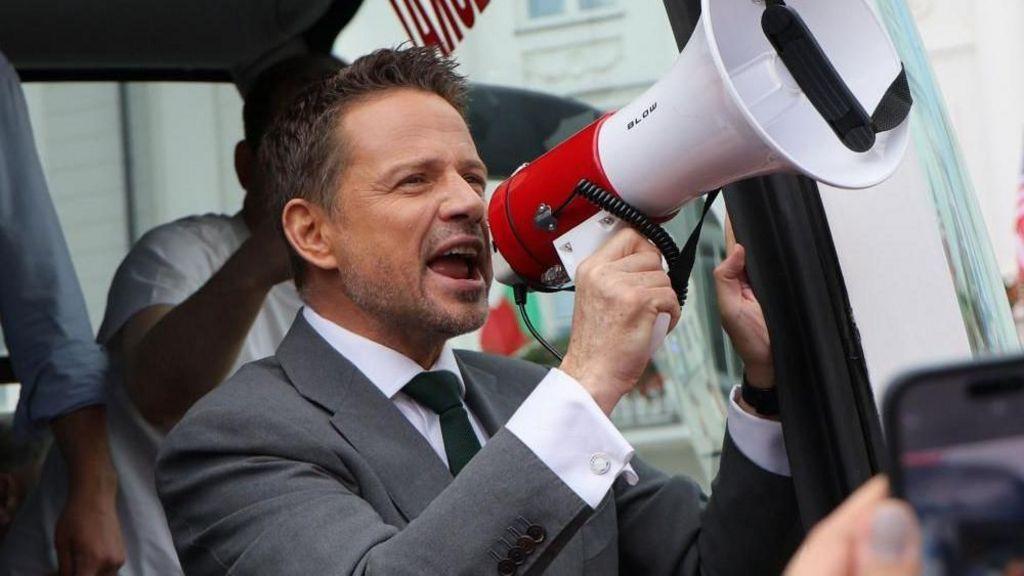
Mihal Marek, which is at the head of NGOs for monitoring misinformation and propaganda in Poland, talks about examples of anti-deprualated attitudes that expand social networks.
« The main narratives are that Ukrainians steal money from the Polish budget, that Ukrainians do not respect us, to want to rob us and kill us and are responsible for war, » he says.
« This information starts on the Russian telegram channels, and then the same photos and the same text is only translated using the Gugl of Translate and transferred to Poland ».
Marek directly connects such misinformation with the increase in anti-innucia mood in Poland and says that increasing number of Poles fall under the influence of this propaganda.
« But we will see the effect only after the election – what percentage of Poles wants to vote for the prophetic candidates. »
Follow us on Facebook, Twitter, Instagram, Jutjubu and Vajiberu. If you have a topic suggestion for us please contact (Email Protected)

